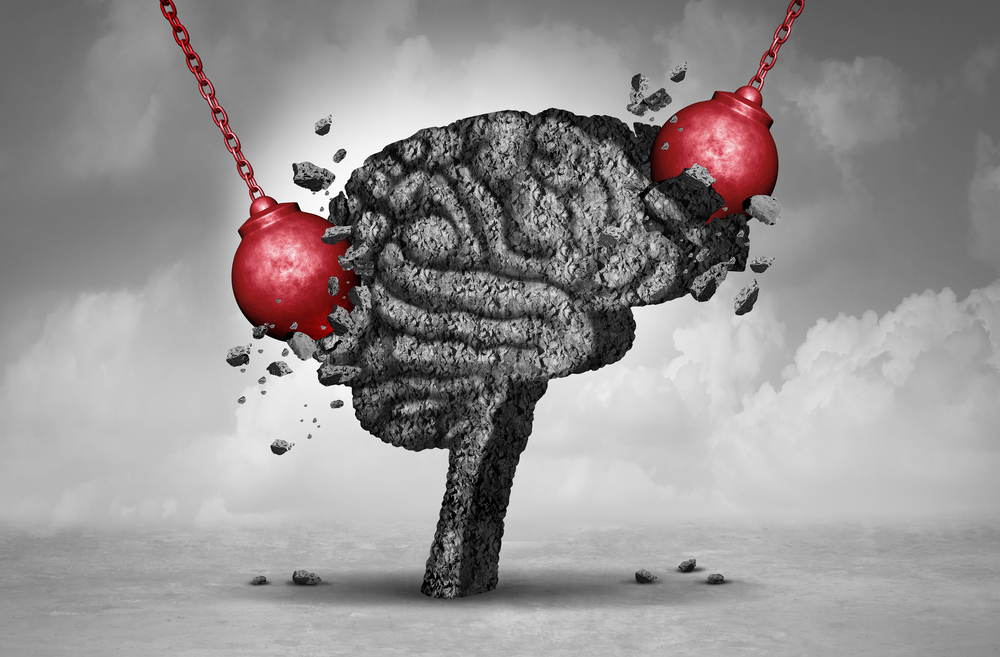
A migraine drug that has been described as “life changing” by some users will not be made available on the NHS outside of Scotland.
Erenumab is one of the most bespoke migraine drugs to be released in decades, and many doctors are describing it as a “huge deal”. But the governing body that approves new drugs said there were doubts whether it was good enough or worth the money. Charities said it seemed to be a “very bad day” for migraine suffers.
Current drugs to prevent migraine are former epilepsy or heart failure medicines or the anti-wrinkle drug Botox. However, some patients have migraines that do not respond to any available treatments, but unlike other drugs Erenumab is specifically designed for preventing migraines.
“It uses antibodies to alter the activity of chemicals in the brain that are involved in both pain and sensitivity to sound and light that comes with migraine”.
Migraines aren’t just “bad headaches”, sufferers often experience a multitude of other symptoms including:
- feeling sick
- being sick
- increased sensitivity to light and sound, which is why many people with a migraine want to rest in a quiet, dark room
- sweating
- poor concentration,
- feeling very hot or very cold
- stomach/abdominal pain
- diarrhoea
The British Association for the Study of Headache Council said it was difficult to understand why the treatment was approved in Scotland, but not the rest of the UK.
Its chairman, Dr Mark Weatherall, said: “This drug is not a panacea, but it is an important advance in the scientific treatment of migraine, which effects huge improvements in the lives of many of those who take it.
“It is completely unacceptable that patients in England and Wales who suffer with such a debilitating neurological disorder should be denied access to effective treatment.”
Gus Baldwin, the chief executive of The Migraine Trust, said: “This still feels like a very bad day for chronic migraine patients.”